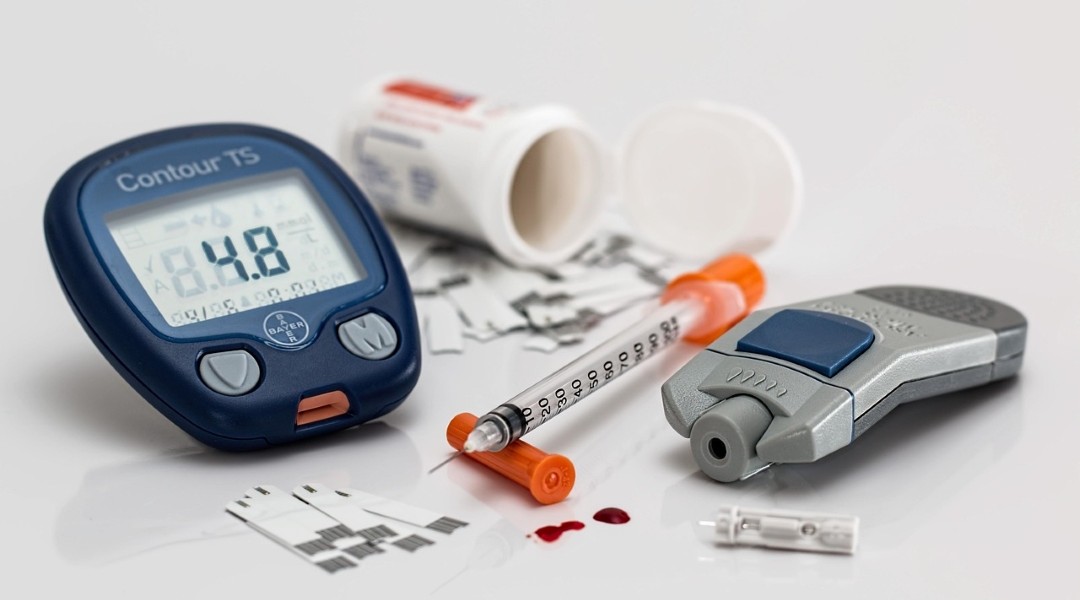Laura Horan, Staff Engineer and Head of Product Management at Vanguard Automation, talks to Elisenda Lara, EPIC’s MarCom Manager, about her career in the photonics industry.


Laura Horan, Staff Engineer and Head of Product Management at Vanguard Automation, talks to Elisenda Lara, EPIC’s MarCom Manager, about her career in the photonics industry.

Kombucha fermentation generates a byproduct perfect for the creation of mechanically stable, biodegradable electronic components.

Previously overlooked non-canonical splicing variants are shown to lead to aberrant mRNA splicing in male infertility cases.

New technology could make diabetes management more accessible to those who need it most.

Structure-predicting AlphaFold could help revolutionize soybean crop breeding through AI-guided precision gene editing.

Drawing from nature, scientists are creating next-generation X-ray protective clothing and equipment.

Doppler cloak confuses radars by altering the phase of incoming radar waves in real time.

The effects of aging on the human brain could be slowed down with the help of artificial intelligence.

Fabrication of microlasers using all edible components.

The world’s most grown legume could be used to make the batteries of the future.